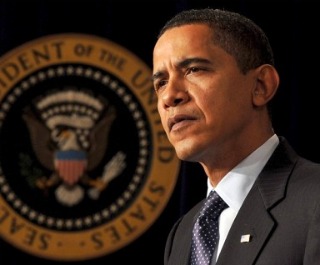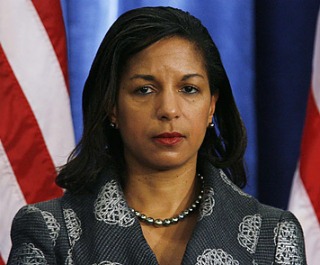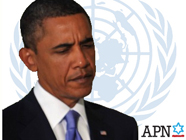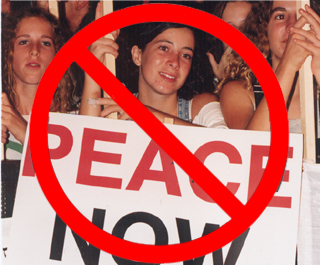The lack of progress in peace efforts has produced a growing sense among Palestinians and in the international community - including in parts of the American Jewish community - that the time has come for the Palestinians to force the issue by seeking international recognition of their State.
The Palestinian move to seek international recognition of a state of Palestine, even under occupation, reflects not only frustration with the pace of peace efforts but an understandable desperation - a recognition that the situation is nearing a tipping point where developments on the ground in the West Bank and East Jerusalem, in particular settlements and settlement-related infrastructure - will soon make the two-state solution impossible.
APN has consistently opposed unilateral actions - by either side - that undermine efforts to reach a negotiated, two-state solution. For this reason, we have opposed Israeli settlement activity in the West Bank and East Jerusalem and we criticized Israel's disengagement from Gaza (because it was unilateral and ultimately undermined Palestinian moderates and empowered Hamas). Likewise, we have consistently condemned Palestinian violence and incitement, including statements that dismiss Jewish historic/religious claims to Jerusalem. Unilateral actions, by either side, will never be a substitute for negotiations or resolve the conflict - something that the Palestinian leadership itself has recognized even in the context of this effort.
It is the Palestinians' right to seek international recognition of a state of Palestine, even under Israeli occupation - and it is a strategy that is showing results, in terms of both early, limited success in the international community and the strong Israeli reaction to this success. But we fear the Palestinians are embarking on a perilous course. Even as this strategy puts pressure on Israel, it could also become a pretext for Israel to once again declare that it has no partner for peace, turn its back on negotiations, and accelerate its own unilateral actions on the ground that hasten the demise of the two-state solution. Moreover, the campaign for recognition risks unintentionally strengthening rejectionists on both sides - Palestinians and Israelis alike who oppose peace negotiations and a two-state solution, and who would welcome confrontation and violence as a means of closing the door to both.
The correct response to the Palestinians' quest for recognition is the acknowledgment that this development reflects, understandably, a loss of faith in a negotiated settlement and a determination to gain leverage through non-violent means. What flows from this is the recognition that U.S. demands that the Palestinians desist from this effort will be irrelevant until such time as a credible negotiating process is re-established.
Courageous U.S. leadership is vital to restore faith in the belief that negotiations will deliver a two-state solution in the near term. This will require a level of resolve that the Obama Administration has failed to demonstrate thus far, including imposing consequences on any party that acts in ways that undermine peace efforts. The Obama Administration has the ability to impose real costs - diplomatic, economic, and political - on the parties, both with and without Congressional approval. The Obama Administration must make a comprehensive assessment of these options, and make clear to the parties that it is ready to use this leverage, if required.
 WASHINGTON (JTA) -- There is the old joke that "denial is not just a river in Egypt." And indeed it is true.
WASHINGTON (JTA) -- There is the old joke that "denial is not just a river in Egypt." And indeed it is true.
















